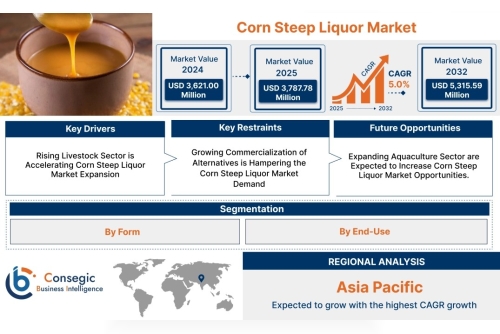The Essential Role of Infusion Pumps in ICU Care
Patients in intensive care units require continuous monitoring and timely medication administration. Infusion pumps provide precise drug delivery, ensuring optimal treatment.
These advanced devices regulate fluid and medication infusion, minimising human error. In critical cases, even minor dosage variations can impact patient recovery.
With automated control, infusion pumps maintain consistency in drug administration. This reliability is crucial for patients needing life-saving interventions.
Why Infusion Pumps Are Vital in ICU Settings
ICU patients often need multiple medications administered simultaneously. Infusion pumps help manage complex drug regimens efficiently.
Medications like vasopressors, sedatives, and painkillers require precise dosing. Infusion pumps prevent fluctuations, maintaining patient stability.
The ability to adjust infusion rates in real-time is essential. Medical teams can respond quickly to changing patient conditions.
Types of Infusion Pumps Used in ICUs
Different infusion pumps cater to varying patient needs. Each type has unique advantages in ICU settings.
Volumetric Infusion Pumps: Deliver large fluid volumes with high accuracy, ensuring steady medication flow.
Syringe Infusion Pumps: Ideal for small-volume, high-precision drug delivery, crucial in paediatric and neonatal ICUs.
Patient-Controlled Analgesia (PCA) Pumps: Allow controlled pain relief management, enhancing patient comfort.
Enhancing Patient Safety with Infusion Pumps
Medication errors in ICUs can have severe consequences. Infusion pumps reduce risks by providing automated dosing precision.
Alarms and safety features alert medical teams to infusion irregularities. This ensures immediate corrective action when needed.
Smart infusion pumps integrate drug libraries and dose error reduction systems. These innovations help prevent overdoses and underdosing.
The Role of Infusion Pumps in Critical Care Treatments
Many ICU patients depend on infusion pumps for survival. Conditions like sepsis, cardiac arrest, and respiratory failure require continuous medication delivery.
Infusion pumps administer vasopressors to stabilise blood pressure in shock patients. Timely drug delivery improves recovery chances.
For ventilated patients, sedation and pain management rely on infusion pumps. Maintaining steady drug infusion enhances patient comfort and care.
Advancements in Infusion Pump Technology
Modern infusion pumps offer wireless connectivity for remote monitoring. This enhances ICU workflow and patient supervision.
Integration with electronic medical records ensures seamless data tracking. This reduces documentation errors and improves treatment accuracy.
Portable infusion pumps enable ICU transfers without disrupting medication delivery. This mobility ensures uninterrupted critical care support.
Best Practices for Using Infusion Pumps in ICU
Proper training ensures safe and effective use of infusion pumps. Healthcare teams must understand device settings and alerts.
Regular calibration and maintenance prevent malfunctions. Routine checks guarantee accurate drug delivery and equipment reliability.
Standardised protocols for drug concentration and flow rates minimise dosing inconsistencies. This enhances overall patient safety.
Conclusion
Infusion pumps are indispensable in ICU care, ensuring precise medication delivery and patient stability. Their role in life-saving treatments cannot be overstated.
Selecting high-quality infusion pumps enhances hospital efficiency and patient outcomes. Investing in reliable drug delivery systems is crucial for modern healthcare.
Akas Infusion manufactures world-class drug delivery devices, including volumetric infusion pumps. Their advanced technology supports critical care needs, ensuring optimal patient safety.












